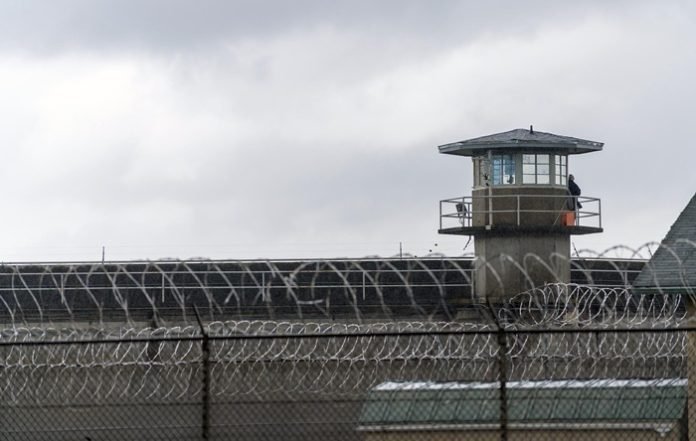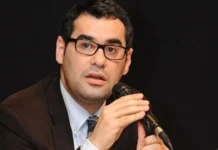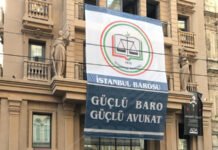The Human Rights Association (İHD), one of Turkey’s major advocacy groups, has released a report on prisons located in the Central Anatolian region that found a total of 7,051 rights violations in 2023.
The group received a total of 510 complaints from inmates in 44 prisons across the region, according to the report.
At least 735 violations of the prohibition of torture and ill-treatment were committed during the year, although the report says the actual number might be much higher than reported due to heavy restrictions imposed on inmates’ communications with the outside world.
These violations included verbal abuse and physical assaults by prison guards, destruction of inmates’ personal belongings during ward searches and strip-searches of inmates and their visiting relatives,
The report noted 1,587 instances where inmates faced denial of access to healthcare, such as inadequate medical treatment, arbitrary obstruction of hospital referrals and failure to provide medication and meals prescribed by doctors.
In addition, several prisoners were kept behind bars despite hospital reports finding them unfit to remain in prison. These reports were rejected by the Council of Forensic Medicine (ATK), whose independence from political influence has been increasingly questioned in recent years.
The İHD also reported 110 instances of arbitrary denial of parole to eligible inmates, even those with a documented record of good behavior.
Other sections of the report included restrictions imposed on communications and the transfer of inmates to prisons located far from their family residence.
Turkey remains the leader in the number of prisoners in Europe, according to the 2022 Council of Europe (CoE) Annual Penal Statistics on Prison Populations report. In January 2022 Turkey accounted for over a third of all prisoners in CoE member states, having experienced a surge of 369 percent in its prison population between 2005 and 2022.
Poor prison conditions, arbitrary practices and mistreatment are systematic problems in the country about which local rights groups, parliamentarians and state authorities receive hundreds of complaints every year.
Although victims can include people detained or imprisoned on any grounds, several documents in recent years have indicated that the abuses are more pervasive and systematic when it comes to people imprisoned on political grounds such as their alleged ties to political and civil networks not approved of by the government.















